COURSE OVERVIEW
OE0415 : Chemical Tankers
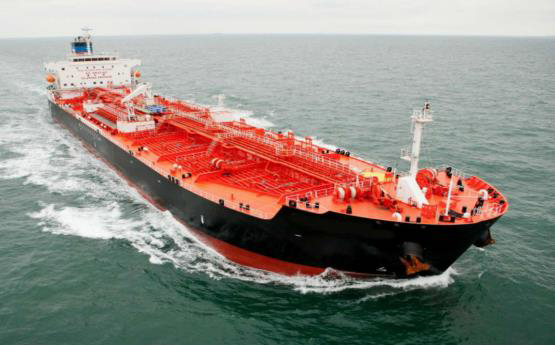
OVERVIEW
| COURSE TITLE | : | OE0415 : Chemical Tankers |
| COURSE DATE | : | Aug 05 - Aug 08 2024 |
| DURATION | : | 4 Days |
| INSTRUCTOR | : | Mr. Sergey Kole |
| VENUE | : | Dubai, UAE |
| COURSE FEE | : | $ 6750 |
| Request For Course | ||
Course Description
This practical and highly-interactive course includes real-life case studies and exercises where participants will be engaged in a series of interactive small groups and class workshops. Chemical tankers often have a system for tank heating in order to maintain the viscosity of certain cargoes, typically by passing pressurized steam through stainless steel heating coils in the cargo tanks, transferring heat into the cargo which circulates in the tank by convection. All modern chemical tankers feature double hull construction and most have one hydraulically driven, submerged cargo pump for each tank with independent piping, which means that each tank can load a separate cargo without any mixing. Consequently, many oceangoing chemical tankers may carry numerous different grades of cargo on the same voyage, often loading and discharging these parcels at different ports or terminals. This means that the scheduling, stowage planning and operation of such ships requires a high level of coordination and specialist knowledge, both at sea and on shore.This course is designed to provide participants with a detailed and up-to-date overview on chemical tankers. It covers the cargos in chemical tanker, physical properties of cargo and hydrocarbon groups; the health hazards, hazards to the environment, reactivity hazards, flammability and explosivity hazards; the international and national codes and regulations; the bulk chemical codes and Annex II of Marpol 73/78; and the ship design, construction and equipment requirements, the cargo containment, ship types and survival capability. At the end of the course, participants will be able to carryout cargo handling system, tank piping and valves, tank materials and coatings and cargo tanks ventilation systems; recognize pumps and unloading systems, cargo heating systems, inert gas systems and instrumentation; illustrate fire prevention and equipment, pollution prevention and protection and safety equipment; employ cargo handling, ballast operations, cargo planning and procedures and preparations for loading; measure and calculate cargo and apply tank cleaning operations; and implement ship-shore interface and emergency operations
TRAINING METHODOLOGY
This interactive training course includes the following training methodologies:
LecturesWorkshops & Work Presentations
Case Studies & Practical Exercises
Videos, Software & Simulators
In an unlikely event, the course instructor may modify the above training methodology for technical reasons.
VIRTUAL TRAINING (IF APPLICABLE)
If this course is delivered online as a Virtual Training, the following limitations will be applicable:
| Certificates | : | Only soft copy certificates will be issued |
| Training Materials | : | Only soft copy materials will be issued |
| Training Methodology | : | 80% theory, 20% practical |
| Training Program | : | 4 hours per day, from 09:30 to 13:30 |
RELATED COURSES
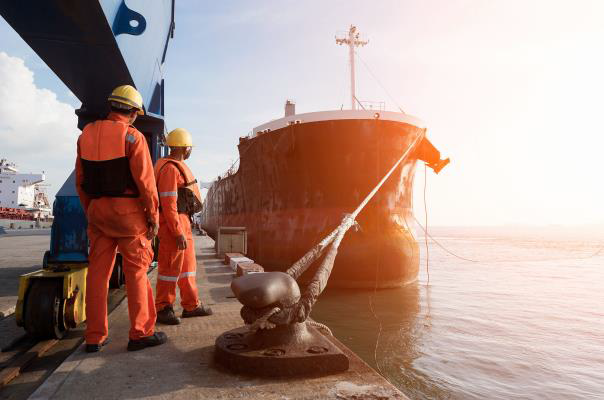
OE0118(KP4) : International Maritime Conventions & Codes
- Date: Feb 23 - Feb 27 / 3 Days
- Location: Doha, Qatar
- Course Details Register
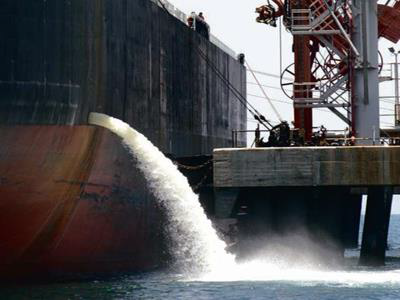
OE0858 : Environmental Consideration in Management of Ballast Water for Ships and Marine Ports
- Date: Feb 16 - Feb 20 / 3 Days
- Location: Doha, Qatar
- Course Details Register
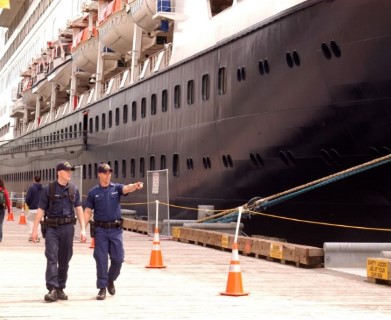
OE0850 : Port Facility Security Officer (IMO-ISPS) (Certification Preparation Training)
- Date: Feb 09 - Feb 13 / 3 Days
- Location: Kuwait City, Kuwait
- Course Details Register
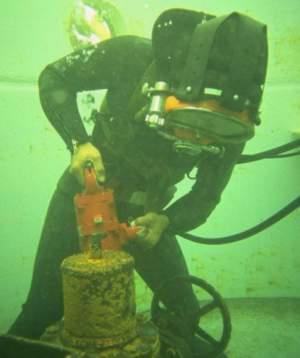
OE0030 : Commercial Diving Technology
- Date: Feb 02 - Feb 06 / 3 Days
- Location: Doha, Qatar
- Course Details Register
